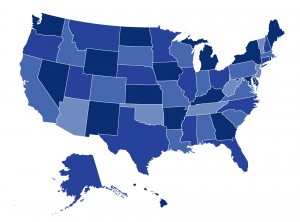Facility Fees 101: What is all the Fuss About?

Consumers are facing higher out-of-pocket costs when they receive outpatient care due to hospital “facility fees.” In a post for Health Affairs Forefront, Linda Blumberg and Christine Monahan provide a primer on facility fees, including the trend of hospital consolidation driving these fees and federal policy options to protect consumers from rising costs in outpatient settings.






